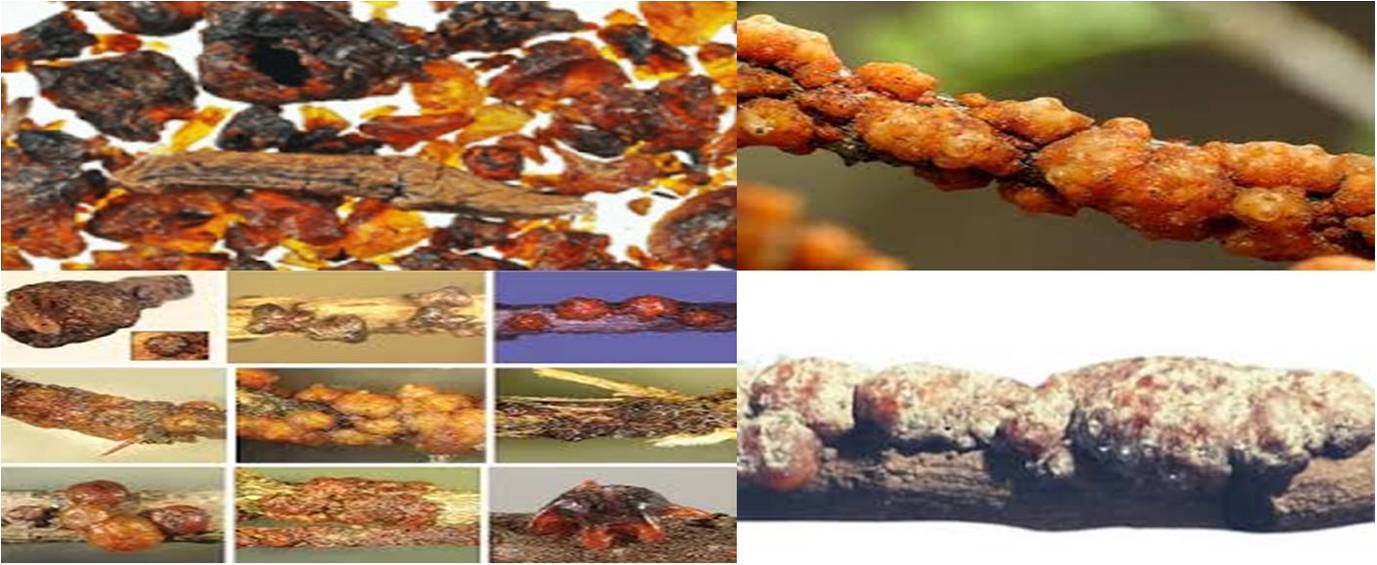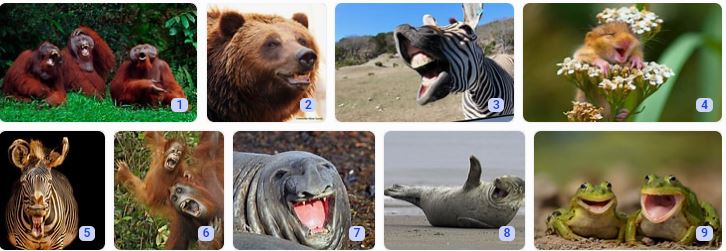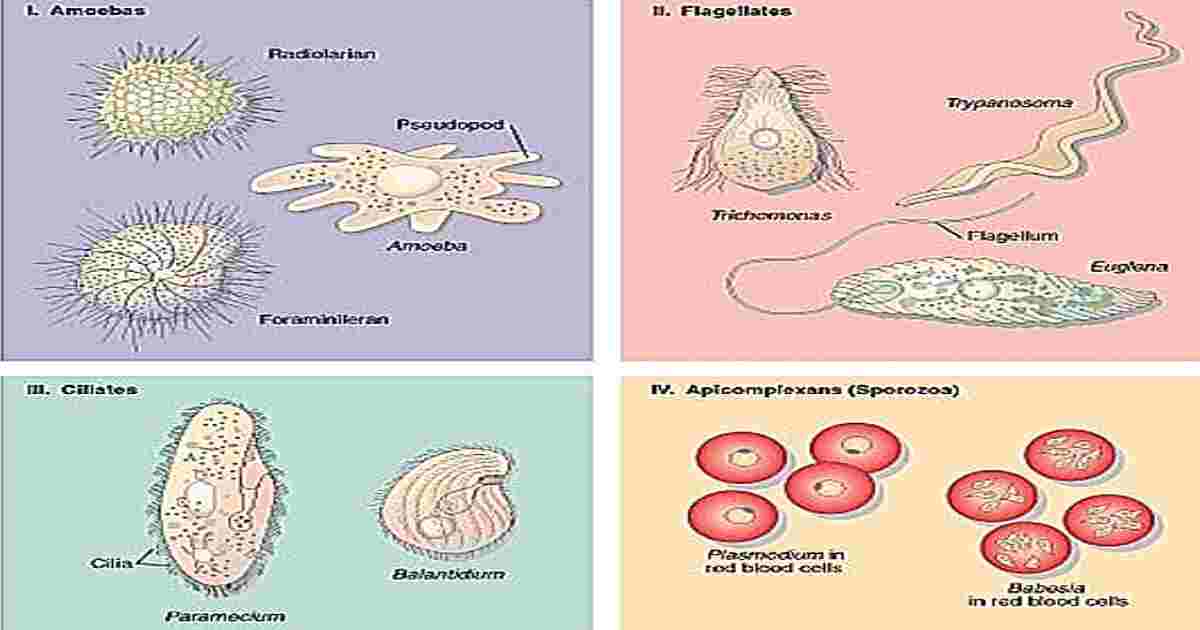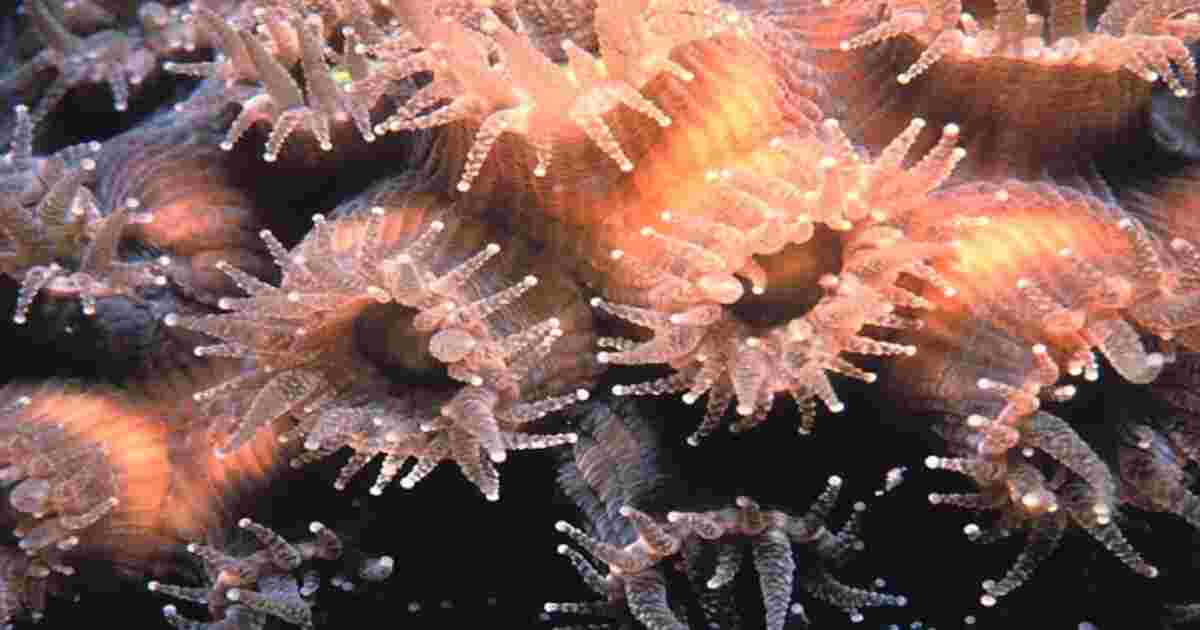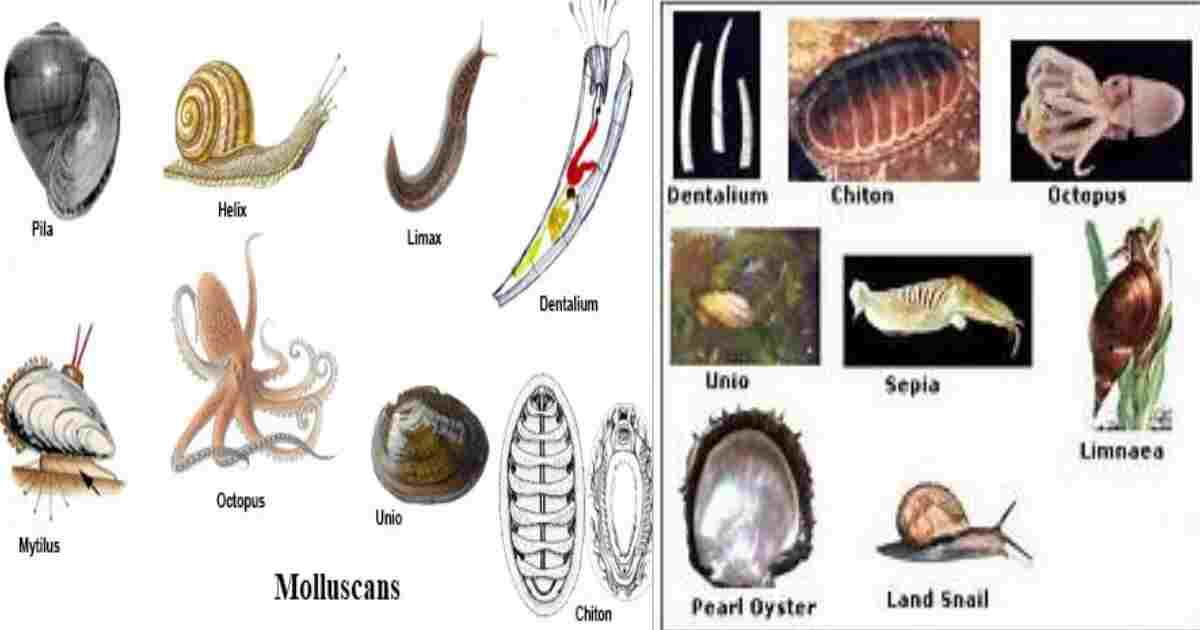Tuna Fisheries in India: Recent Trends
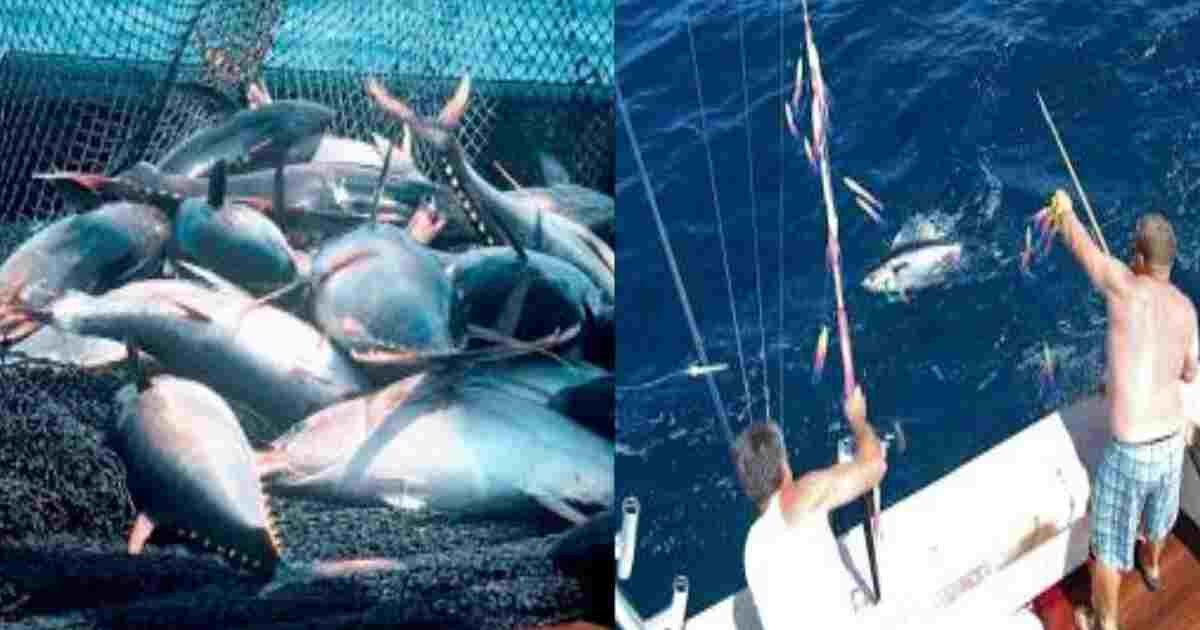
Tuna Fisheries in India: India’s tuna fisheries have seen interesting recent trends, with a shift towards targeting oceanic resources and a focus on sustainability. What is Tuna Fishery? The tuna fishery is the commercial fishing industry that targets tuna species. Tuna are highly migratory fish found in temperate, tropical, and subtropical waters around the world….


